
How to Prep for Your Dog's Arrival
The big day is almost here, and you’ve been waiting for it. Your new furry friend will soon join your family! But before you can start enjoying all of the wags and cuddles, there’s some important work to do. Properly preparing your home for a new dog is crucial to ensuring a safe and comfortable place to call their own. So before you bring your dog home, it’s time to get ready. Here are some tips to help you prepare your home for your new dog.
Get Everything in Order Before You Bring Your New Pooch Home!
The biggest thing to remember is your home needs to be ready for a possible onslaught of accidents, spills, and mishaps. Your new dog will not have the same inhibitions as a more mature dog that may be less likely to investigate something they find on the floor or chew on a potentially dangerous item.
Get the Family on the Same Page
Before you even begin the preparations, you need to make sure everyone in the family is ready for this change. Young children may not know what they can and can’t do with a new animal and could accidentally cause harm or distress to the pup. It’s also important that all family members agree on who will be taking care of the dog, walking and feeding them, and cleaning up after them.
Make a List of Supplies
Now is also the time to make a list of supplies you’ll need for your new dog. This includes everything from food and water bowls to toys, leashes and collars, puppy pads and urine cleaner, and a bed or crate. You may also want to invest in some pet gates to keep your pup safe while you’re not home.
Puppy-Proof Your Home
So first things first: if you have small children, put away any breakable items and make sure cords are out of reach. You’ll also want to puppy-proof your home by removing any poisonous plants and hazardous chemicals or cleaners from shelves.
You may also want to consider setting up a designated space for your dogs, such as a crate or kennel, until they’re fully house-trained. This will help limit the areas your pup can access and make it easier for you to keep an eye on them.
Take a Few Days to Get to Know Each Other
If possible, it would be great if you could take a few days to stay at home and get acquainted with your new pup. This will also help you gauge how much work is involved in caring for your new canine family member.
You may even want to consider finding a local pet sitter, dog walker, or doggy daycare service to help you with some of the tougher tasks when you're unable to be there.
Find a Trainer or Obedience Course
Once you bring your new pup home, they may be uncertain about their new surroundings and who these strange people are. Training your dog from an early age will help them develop good habits and get accustomed to being around new people.
You can also help socialize them with other dogs by enrolling them in a training course or obedience class. This will help them become more accustomed to other animals and people and help you learn how to train your pup.
Plan for the Day of Arrival
After all of that is taken care of, it comes time to plan for your dog's actual arrival. If you will pick up your new canine companion, bring someone else along to help calm the dog during the car ride home.
Once Your Dog Is Home
Create a Relaxing Environment
Don’t overwhelm them with too many new things at once, but gradually allow them to adjust to their surroundings so you can start developing a bond with your pet. Use the first few days as an opportunity for them to get comfortable in their new home.
Introduce Your Dog to Their Safe Space
This can be their designated bed, crate, or kennel. If they’re hesitant to go in, put a few treats inside and close the door so they can get used to the scent. Once they’re comfortable with that, start opening the door and allow them to come and go as they please.
Training Begins on Day One
Your dog should be getting to know their new family, so start familiarizing them with basic commands. All family members should be using the same commands consistently so that the pup knows who is in charge.
Pin Down a Routine
It’s important to establish a daily routine for your dog. Feedings, walks, and playtime should all be scheduled to know what to expect and what is expected of them daily. Establishing these patterns can also help combat separation anxiety.
Comply with Local Ordinances
If your area requires dog licenses or specific vaccinations, comply with all necessary ordinances. You’ll also want to be aware of local leash laws so you can keep your dog safe while outside.
Find a Trusted Vet
It’s important to establish a relationship with a veterinarian as soon as possible because your dog will need vaccines and annual check-ups. Take the time to find one that is well versed in dogs so you can establish a long-lasting rapport.
Get the Best Tips for Success with The Beacon Dog Training Course
Bringing a new dog into your home can be a lot of work, but it can be a smooth transition for both you and your furry friend with some preparation and planning. If you're looking for more tips on caring for your dog or want to get them started on training early, sign up for our obedience course. Daniel is an experienced dog trainer who will provide you with the best tips and tricks for getting the most out of life with your new pup.
Useful Ressources
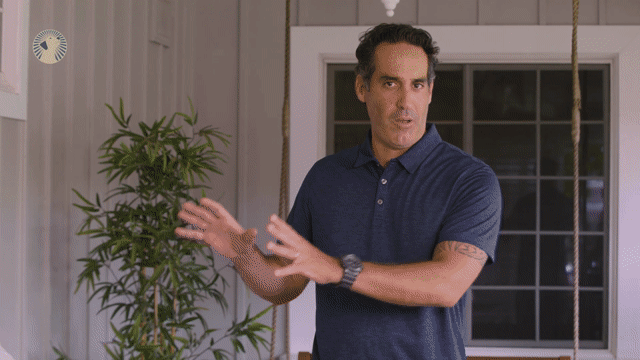
Introducing a New Dog to Your Life
Introducing a new dog into your household can be stressful. Learn how to set the right framework for success before, during, and after introducing your pup!
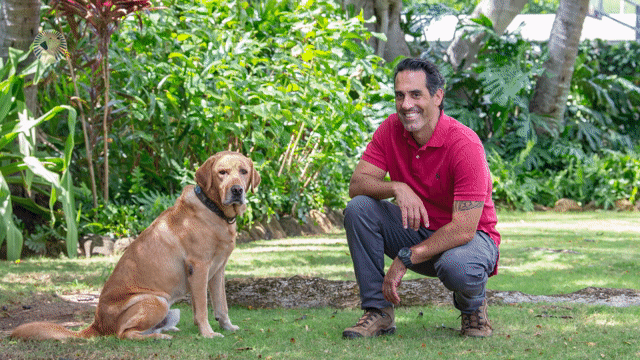
Introduction to The Beacon Dog Training Course
Looking for a practical, easy-to-understand online dog training course that will translate into positive results? Try Daniel's step-by-step approach.
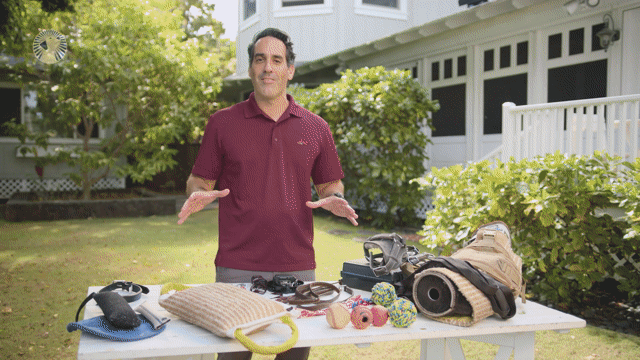
Key Training Tools and Gear
As a dog trainer, you need the right tools to make training your dog easier. Learn how to choose the best dog training tools and gear for training sessions.
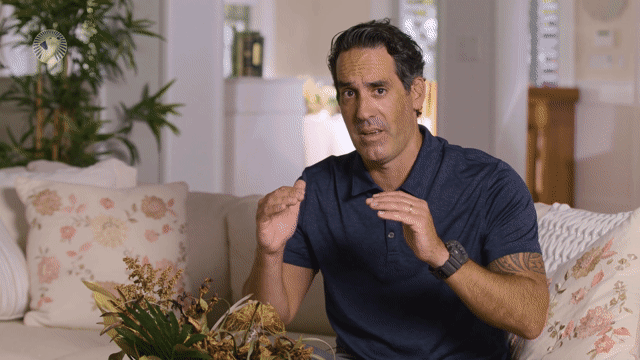
Problem-Solving Theories
Learn how to correct dog behavior problems (including food possessiveness and aggression) in order to make your life with a dog so much easier.
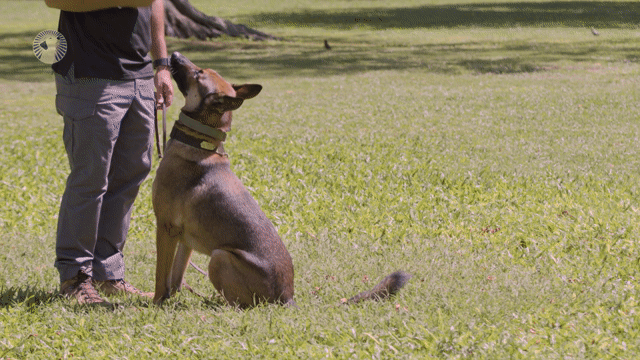
The Primal Power of Food
How to motivate your dog using food. Learn how to use food throughout your dog’s life to get the best out of them. Become an expert in motivating your dogs!

The Basics of Dog Psychology
You love your dog, but do you really know what your pup is trying to tell you? Most people don't. Dogs have a complex language of their own, and if we want to learn how to communicate with them on a deep level, we need to understand this language better.

Popular Dog Training Methods
There are many dog training methods, each technique having valuable use in different scenarios. So, how do you choose the right training program for your dog?
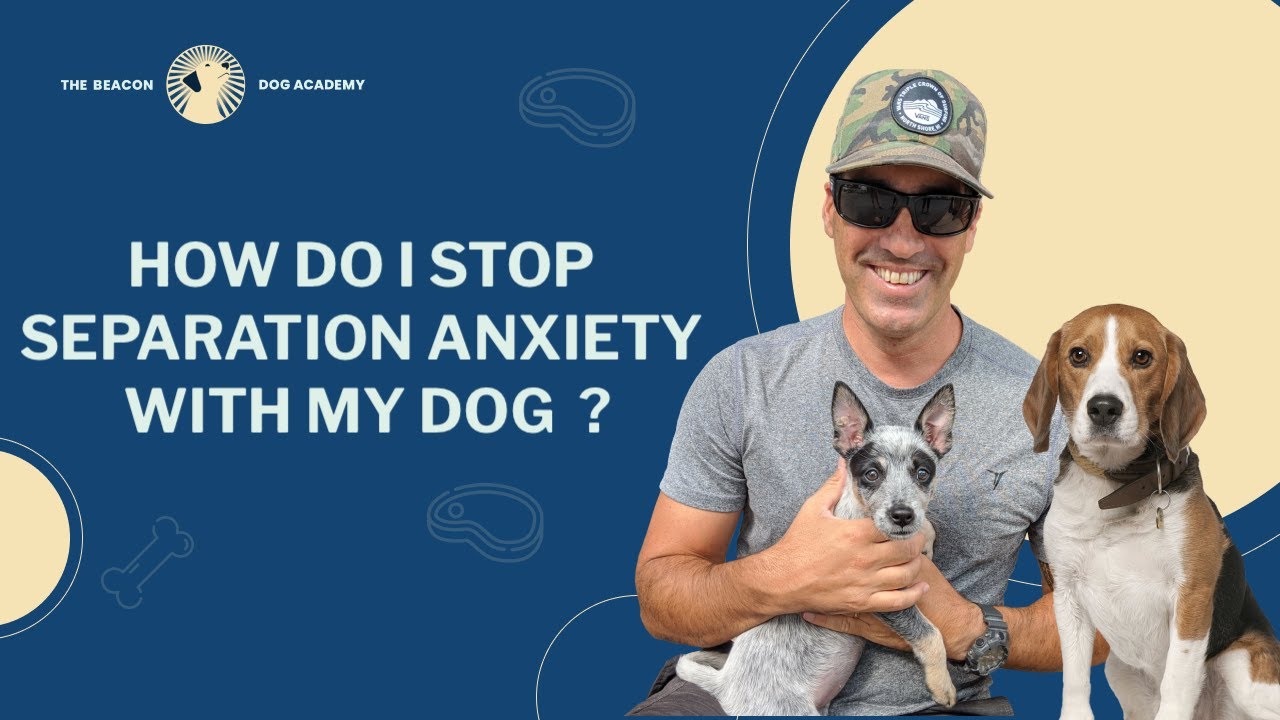
How Do I Stop Separation Anxiety with My Dog?
Separation anxiety in dogs can lead to serious issues in other areas of life and make training even more difficult if not properly addressed. So, how can you ease it?

How Do You Get a Puppy to Ride in a Car?
When riding in a car, it is important to give your dog security. This helps keep them and you safer. Crate training or the use of a harness is key.

How to Teach a Dog to Sit?
Ergonomics plays a vital role in teaching a dog the sit command. How? Here is a hint: It has to do with how a dog naturally focuses their attention.

How Do I Socialize My Puppy?
Having a socialized dog doesn't necessarily directly correlate with dogs getting along with other dogs. So, what does it mean and how can you achieve it?

How Do You Check for a Puppy's Temperament?
As puppies grow into dogs, many owners are surprised when their once gentle puppy becomes a barker or even a biter. It is possible to prevent these behaviors by testing for temperament early on.